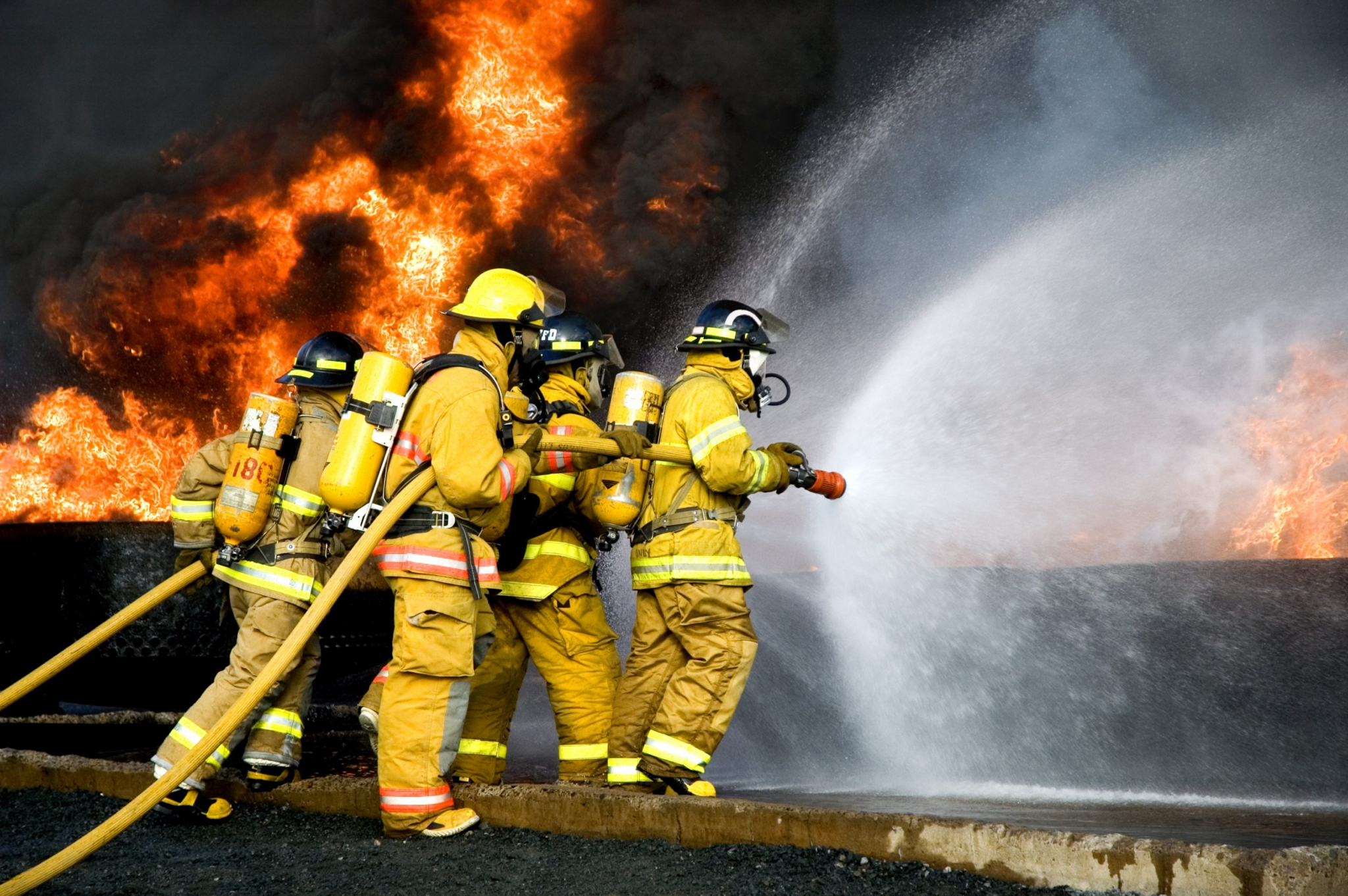Firefighting is a noble profession crucial for community safety, yet it has significant health risks. Among these risks, mesothelioma and firefighters have become a concerning association due to exposure to asbestos in older buildings during fire responses. It’s vital for firefighters and the public to understand these risks to improve safety and preventive measures in the fire service.
Exposure to Smoke and Chemicals
One of the most immediate health risks for firefighters is exposure to smoke and toxic chemicals. During firefighting, exposure to harmful substances such as carbon monoxide, hydrogen cyanide, and other volatile organic compounds is common. These substances can impair lung function, lead to respiratory issues, and increase cancer risk over time.
Additionally, while protective gear is essential, it does not completely shield firefighters from inhaling these toxic fumes. Long-term exposure can lead to chronic respiratory diseases, such as asthma or chronic obstructive pulmonary disease (COPD), which can severely affect a firefighter’s quality of life and career longevity.
Increased Cancer Risk
Firefighters face a significantly higher risk of several types of cancer compared to the general population. This increased risk is attributed to the frequent exposure to carcinogens found in smoke and the burning materials they encounter. Research shows that firefighters are more susceptible to lung cancer, mesothelioma, and skin cancers due to their occupational environment.
Moreover, the soot and smoke often contain asbestos, especially when dealing with fires in older buildings. Asbestos exposure is particularly linked to mesothelioma, a type of cancer that affects the lining of the lungs and other organs, which is difficult to diagnose early and treat effectively.
Cardiovascular Issues
The physical demands and stress of firefighting can also lead to cardiovascular issues. Firefighting often requires intense physical effort, combined with high heat and stress, which can strain the heart. Studies have indicated that heart attacks are one of the leading causes of line-of-duty deaths among firefighters.
Firefighters must maintain excellent physical fitness and undergo regular cardiovascular health screenings to mitigate these risks. Stress management techniques and proper hydration during and after responses are crucial for reducing heart strain and improving recovery.
Hearing Loss
Exposure to high noise levels from alarms, equipment, and fire poses a risk of hearing loss for firefighters. Prolonged exposure to loud noises can damage permanent hearing, impacting a firefighter’s ability to communicate effectively during emergencies and daily life.
It is essential for firefighters to use hearing protection whenever possible and for fire departments to invest in equipment and protocols that minimize noise exposure. Regular hearing tests can also help detect early signs of hearing loss, allowing for interventions that may prevent further damage.
Mental Health Challenges
The mental health of firefighters is an area of growing concern. The traumatic nature of emergency response work, including exposure to fatal fires and serious accidents, can lead to psychological stress and mental health disorders like PTSD, anxiety, and depression. These issues affect not only the firefighters’ performance, personal lives, and well-being.
Fire departments increasingly recognize the importance of mental health support and are implementing programs to provide counseling and coping strategies. It’s crucial for firefighters to have access to mental health resources and for an open dialogue about mental health to be maintained within the firefighting community.
Understanding and addressing these health risks is crucial for firefighters’ safety and well-being. Better protective measures, regular health screenings, and supportive resources can significantly mitigate the risks associated with this challenging profession.



